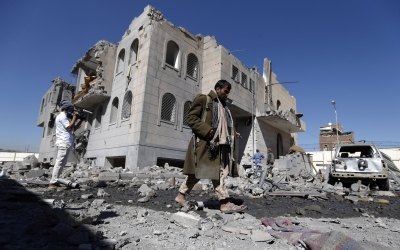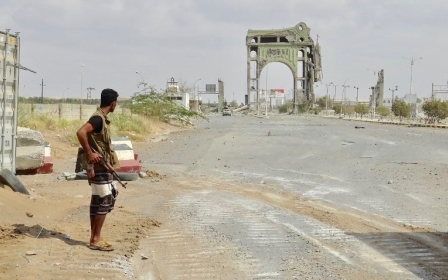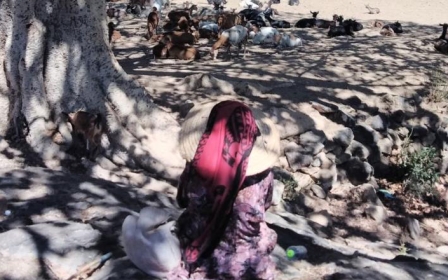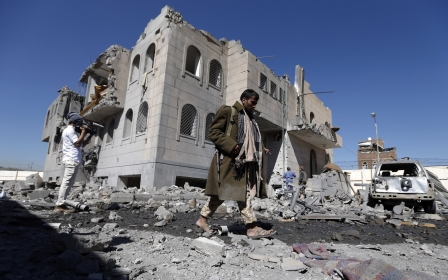US man held captive in Yemen 'reunited' with family: Trump
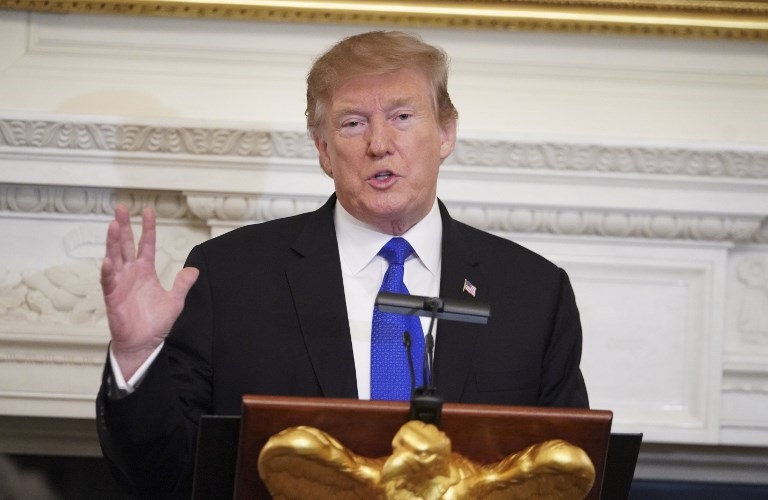
An American man held captive in Yemen for more than a year has been reunited with his family, US President Donald Trump said on Monday.
Trump announced on Twitter that Danny Burch had been “recovered” with the help of the United Arab Emirates.
Burch was first abducted in September 2017 when he was in Yemen working as an engineer at Yemeni Safer oil company, Reuters reported.
He was 63 years old at the time.
New MEE newsletter: Jerusalem Dispatch
Sign up to get the latest insights and analysis on Israel-Palestine, alongside Turkey Unpacked and other MEE newsletters
The American man had been held by the country's Houthi group until January 2018, when he was reportedly released on terms to be taken to Oman, Reuters said at the time.
However, Trump tweeted the man had been held in Yemen for the 18 months since his abduction.
It was not immediately clear whether Burch had actually ever made it to Oman, despite 2018 reports citing confirmation of his arrival from “local sources”.
Burch is married to a Yemeni citizen and was detained in Sanaa after taking his children to school, two of Burch’s colleagues told Reuters at the time.
Originally from east Texas, Burch had worked on oil rigs in Yemen since 1994, The New York Times reported in 2017.
The US Embassy in Sanaa suspended its operations in February 2015, and the country has been under a "Level 4: Do not travel" warning ever since, a spokesperson with the US state department confirmed on Monday.
Houthi rebels have since 2015 battled a pro-government military coalition, led by Saudi Arabia and the UAE, for control of the impoverished country.
Both parties are accused of failing to protect civilians in the conflict, described by the UN as the world's worst humanitarian crisis.
About 10,000 people have been killed in the war, according to figures from the World Health Organization, but rights groups say the death toll is much higher.
Middle East Eye delivers independent and unrivalled coverage and analysis of the Middle East, North Africa and beyond. To learn more about republishing this content and the associated fees, please fill out this form. More about MEE can be found here.


